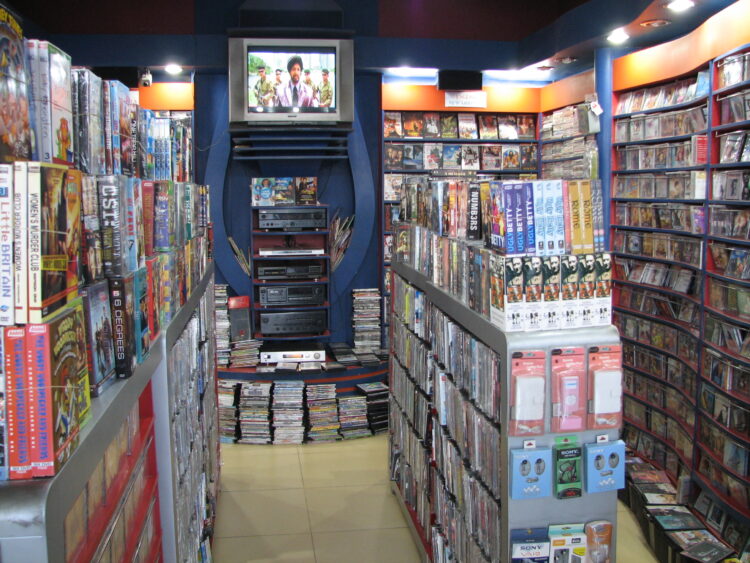
The world changed fast. A lot of things that were completely normal just a few decades ago would feel strange—maybe even unthinkable—to someone growing up today. Not because those things were bad or outdated but because life used to move at a very different pace. Here’s what might leave today’s younger crowd blinking in disbelief if they had to live through it.
Having to wait days for photos

You’d snap a photo and just hope it wasn’t a blurry mess. There was no checking it afterward. You waited—sometimes a week—to pick up that paper envelope with your name on it. Half the pictures would be too dark, or someone would have their eyes shut. But you kept them anyway. Taped them to the mirror. Tucked them in drawers. Because back then, even the bad ones felt worth holding onto.
Memorizing phone numbers by heart
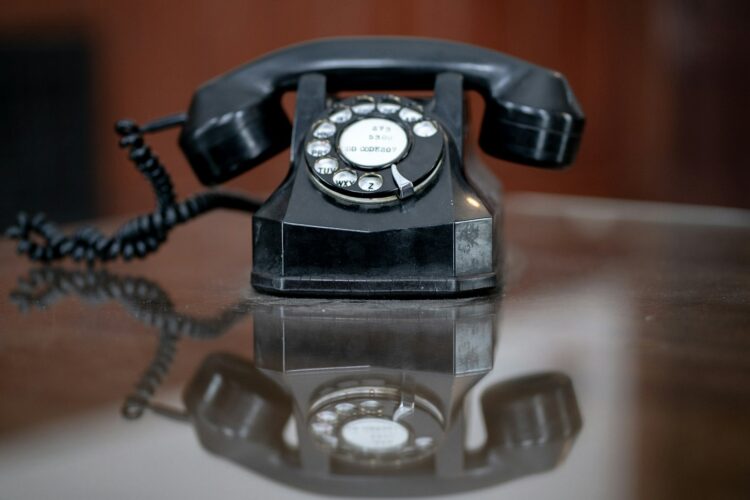
You didn’t have a list in your pocket. You had your head. That’s where the numbers lived. Home, school, your best friend’s landline. You’d dial them so often that your fingers just knew the way. Sometimes, you’d write one down on a napkin or the back of a receipt and hope it didn’t get lost. What if you forgot it? You didn’t call. You just waited—or showed up.
Watching TV on a schedule
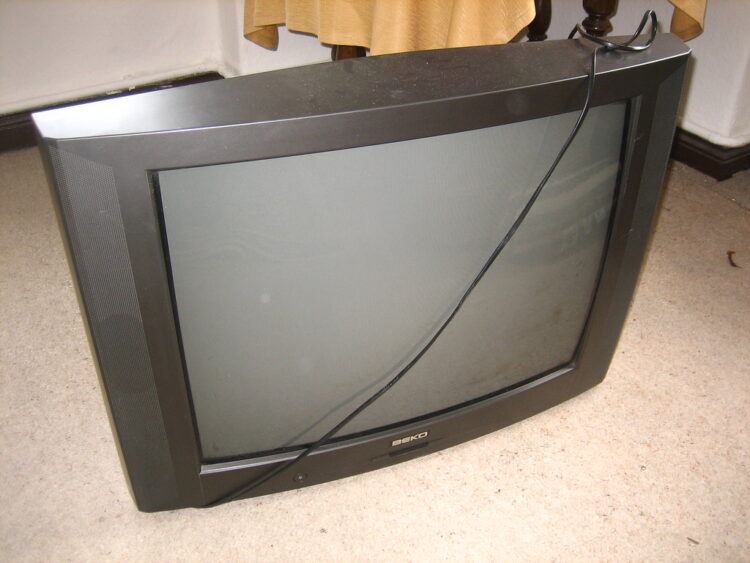
If your favorite show was on at 8, you were sitting down at 7:55. No pause button. No skipping ads. You got one shot to catch the episode—and if you missed it, tough luck. Maybe a rerun months later. Families watched together and argued over what to put on, and somehow, everyone knew what happened on the big shows. Because you all watched them the same night, at the same time.
Recording songs off the radio
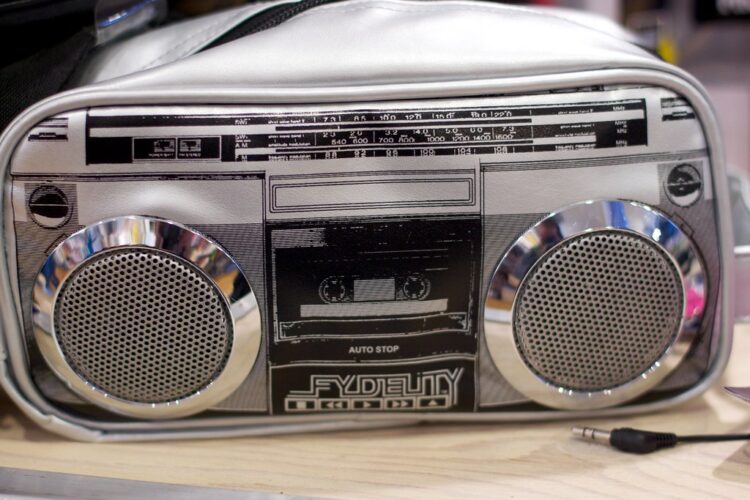
You’d sit by your stereo with a blank cassette, finger hovering over the record button, waiting for your favorite song to play. If the DJ talked over the intro, too bad. If you missed the first few seconds, you had to wait for it to come around again. The mix tapes were messy, full of static and uneven volume—but they were yours. And somehow, that made them better.
Calling a house and hoping for the best
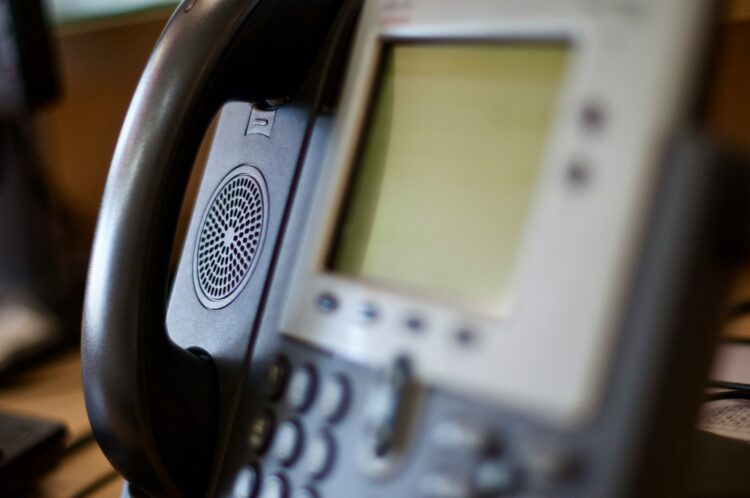
Before texting, if you wanted to talk to someone, you called their house. You didn’t know who would answer. Could be their mom, their sibling, or—worst case—the person themselves, but with a grumpy tone. There were no quick check-ins. Every call had a little risk, a little awkwardness, and sometimes, a handwritten script nearby in case nerves kicked in.
Having to wait to talk after school
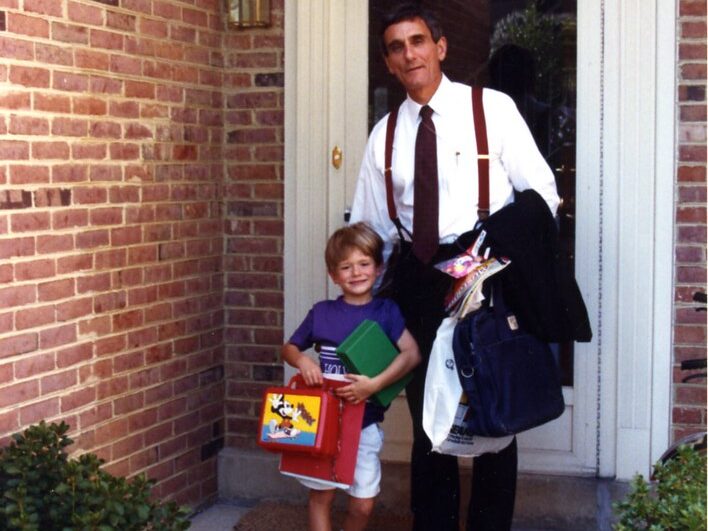
Once the final bell rang, you didn’t message your friend on the walk home. You waited. Maybe you called after dinner—if the phone wasn’t being used—or just saved it for the next day. Conversations had space between them. There was no constant ping-ping of updates. You missed each other a little more. And somehow, even small conversations felt bigger because they weren’t always available on demand.
Looking up information in an encyclopedia

You didn’t search—you flipped. If a question came up, you went to the shelf, pulled out the right volume, and hoped it had the answer. There were no tabs, no videos, no suggestions for what to read next. It was all there in print. If it wasn’t, you’d have to ask someone or just live without knowing for a while. The information didn’t chase you—you had to go find it.
Renting movies from a video store
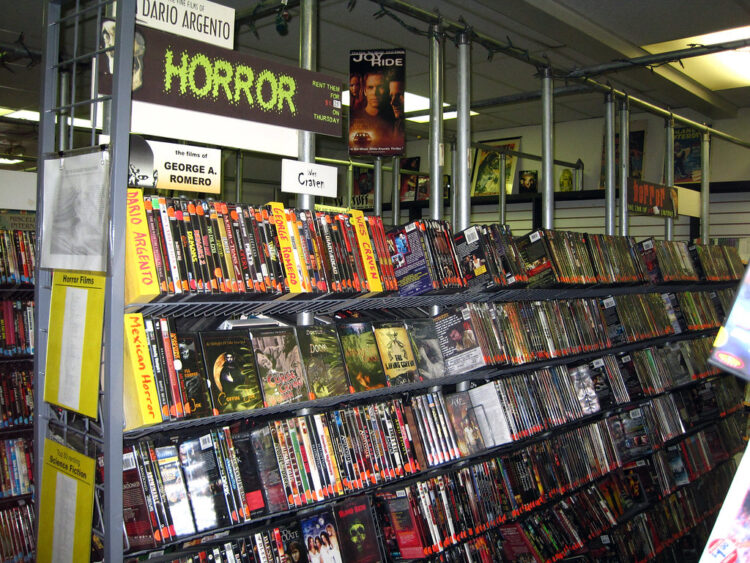
The floors were sticky. The lights were harsh. And the movie you wanted? Probably already gone. You’d pace the aisles anyway, reading the backs of boxes, hoping something jumped out. You didn’t pick based on ratings—you picked because the cover looked cool. If you were lucky, the tape wasn’t rewound. And if you were really lucky, you returned it on time. But honestly, you usually didn’t.
Using a pencil to rewind a cassette tape

When your tape got stuck, or the player chewed it up, you didn’t panic. You grabbed a pencil, stuck it in the reel, and turned. Slowly. Carefully. Hoping to wind it back without snapping anything. It was weirdly satisfying when it worked. A quiet little victory you didn’t tell anyone about—just popped the tape back in and pressed play like nothing happened.
Using paper maps to get around
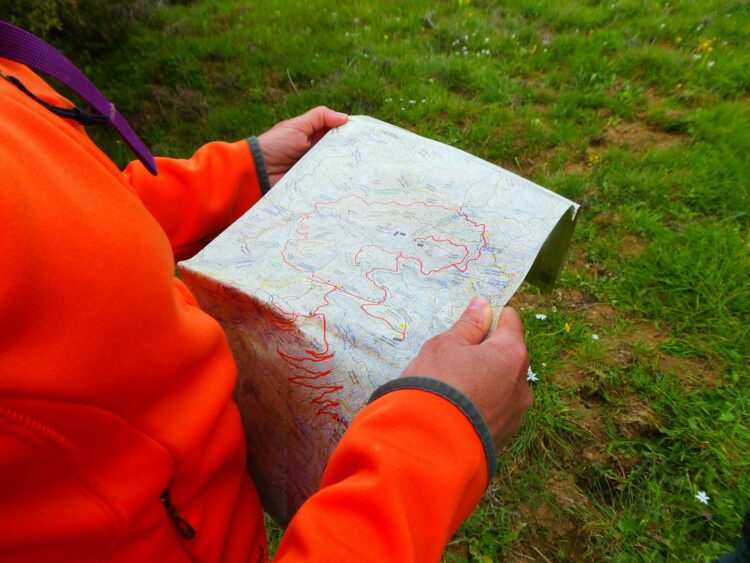
Planning a drive meant opening a map that never folded back the right way. You’d trace the route with your finger and try to remember the turn after the gas station or the fork after the church. No voice told you to reroute. If you missed it, you pulled over and asked someone. If you didn’t ask, you guessed. Either way, getting there felt like part of the story.
Having to wait for the news
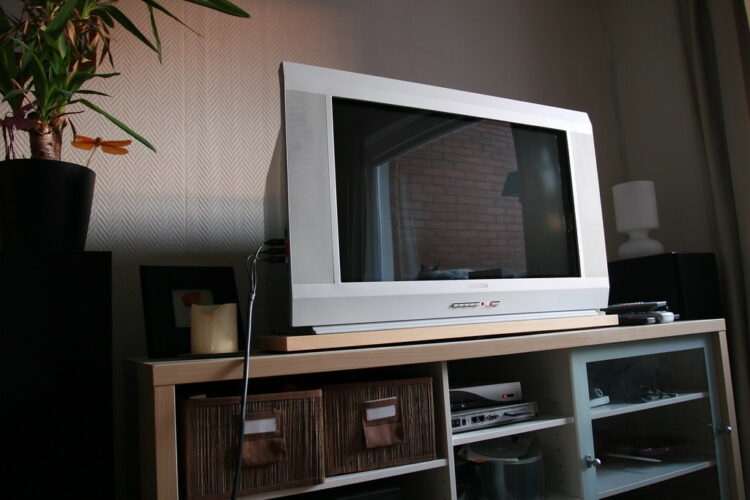
There wasn’t constant breaking news or push alerts. You either caught the 6 o’clock news or read the paper the next day. If something big happened, word spread slowly—usually by phone or someone knocking on your door. You didn’t refresh anything. You just waited. Sometimes hours. Sometimes days. And when the news came, it felt heavier. It mattered more because it took time to get to you.
Carrying change for a payphone
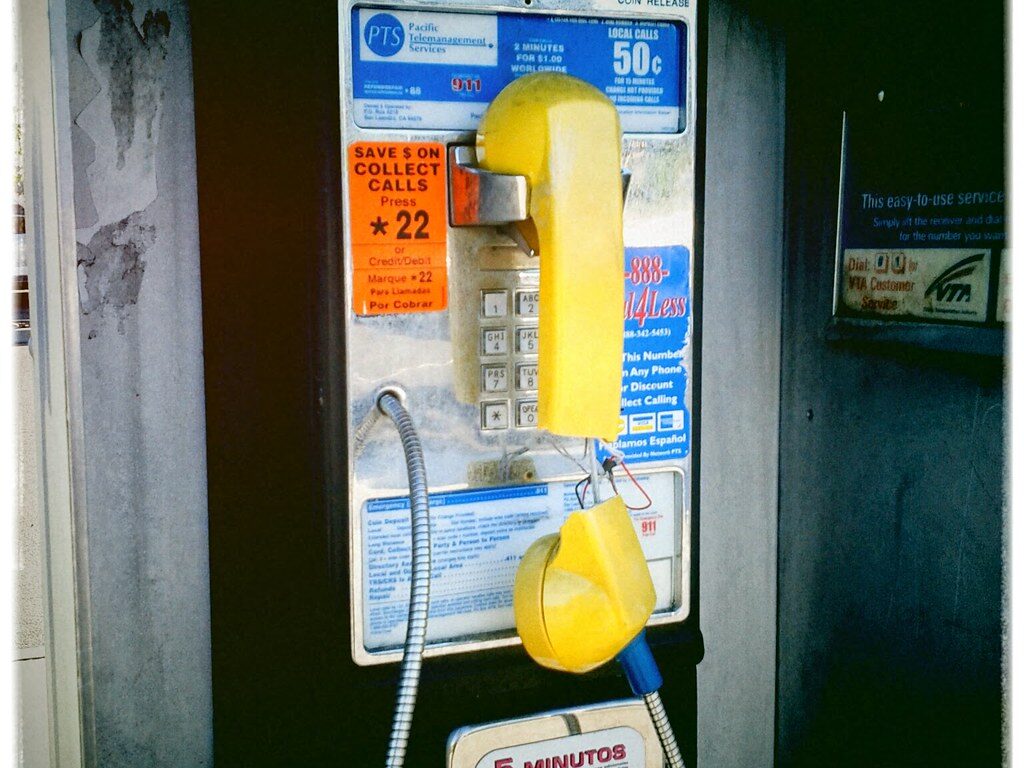
You didn’t leave the house without a few coins in your pocket. If plans changed or someone forgot to show up, you’d hunt down a payphone. If you had no quarters, you’d reverse the charges and hope they picked up. The call wasn’t for chatting—it was fast, straight to the point. You’d say what you needed and hang up before the next beep because every second was costing you.
Printing photos at the drugstore kiosk

Long before cloud backups and camera rolls, if you wanted prints, you took your memory card—or even your phone—to a store. You picked the best shots from a tiny screen, waited as the machine buzzed and clunked, and hoped it didn’t crash halfway through. Then, you’d walk out with a little envelope of glossy prints, still warm from the tray. It wasn’t instant gratification, but it felt like you earned them.
Getting lost in a song you couldn’t Shazam

Sometimes, you’d hear a song—on the radio, in a store, somewhere random—and if you missed the title, that was it. You had to remember a lyric, hum it to friends, or wait for it to play again someday. No app could save you. And when you finally figured it out, that moment felt electric. Like you have solved a mystery.
Waiting for someone to pick you up
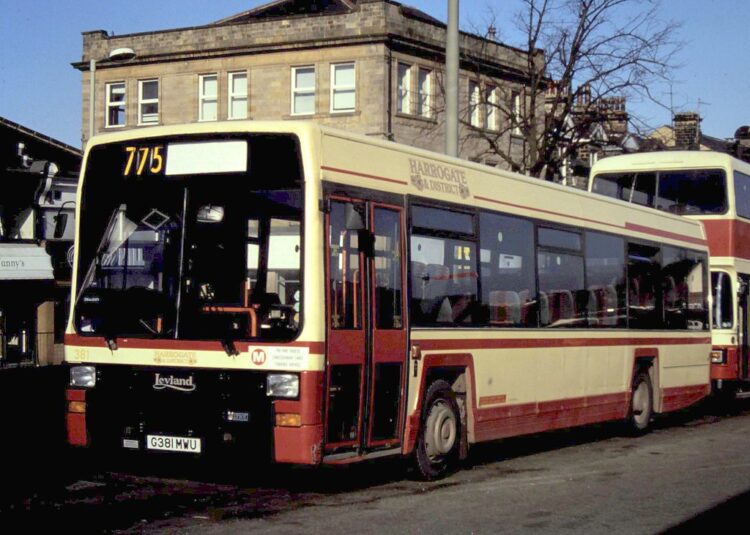
You stood outside the school, the mall, or the movie theater and… wait. No texts, no idea if they were late or not coming. Every car that passed made your heart jump, then drop. You’d wander a little, sit on the curb, maybe check the sky just to kill time. And if too much time passed, you just kept waiting. There was nothing else to do.

